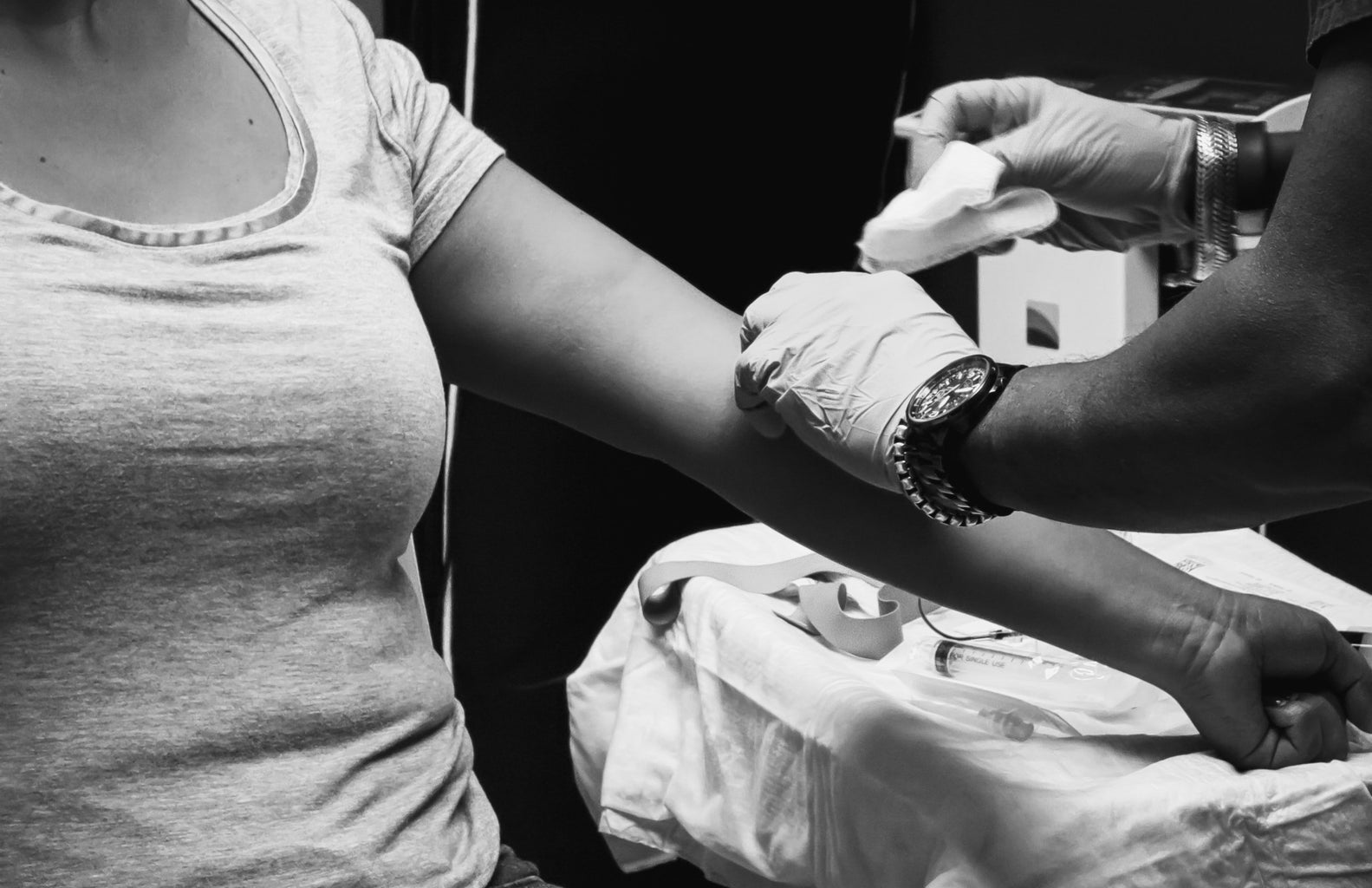As a Jamaican, first-generation student attending Grand Canyon University, I’ve noticed a lot of people in this God-oriented community have unique and incredible tattoos. Although this may not seem like a big deal to most students, I was taken aback at first. All of my life, I was taught that tattoos are sinful and displeasing to God. I was conditioned to believe that if I got a tattoo, I’d never get a job, never get into heaven, and never be married to a good man. However, after doing my own research and reading the Bible, I found context that frees me from potential shame when I do get a tattoo. I would like to share these same points with others.
God Never Said “No Tattoos”
Commonly, when an elder in the church wishes to express their disapproval of tattoos, they weaponize Leviticus 19:28. This verse states,
“Ye shall not make any cuttings in your flesh for the dead, nor print any marks upon you: I am the Lord.”
(Leviticus 19:28, KJV)
Instead of solely focusing on this verse to decide the biblical stance on tattoos, it is important to understand the context in which this verse is placed. This passage actually refers to markings in relation to pagan practices. Christians have a responsibility to understand the context of Bible verses so that they can be appropriately applied instead of wrongfully weaponized. God never said that we shouldn’t get what today is known as a tattoo.
“Traditional” Christians tend to refer to tattoos as “graffiti on God’s temple” and say that the practice does not glorify God. However, instead of referring to these works of art as graffiti, they can be seen as decorations in God’s temple. Don’t churches often have beautiful paintings on their walls? That’s not considered graffiti.
Prioritize your Health

Christians are responsible for taking care of their bodies and understanding the potential health risks of their actions. When the Old Testament was written, individuals did not have the tools, cleaning methods, and research that professional tattoo artists have today. By getting tattoos in that time, they would have been exposing themselves to bacteria, diseases, and complications that would put them in a life-threatening state.
Read: 1 Corinthians 6:12, 19-20
Understand Logical Consequences

Christians are responsible for understanding the logical consequences of getting a tattoo. In some situations, this decision can affect one’s social life and current relationships. If you have strict parents – like mine – your relationship with them may become strained or experience tension. Another potential consequence of getting a tattoo is regret. You should be sure that you want your dream tattoo on you in your old age and through all stages of life.
Read: Luke 14:28-30
Know your Motive
Are you getting this tattoo to satisfy the desires of the flesh? If you are a Christian but are getting a tattoo with bad or demonic intentions, then it would not be wise to get that tattoo. As long as you are not dishonoring God, it is okay to get the tattoo. Make sure that your motives are pure.
Read: Galatians 5:16-17
Do Not Judge Others
Whatever you decide, Christians have no authority to judge others who have different opinions. God loves and welcomes everyone. Who are we to decide whether or not they are seen as good in God’s eyes? As we do not judge, may we also not be judged.
Read: Romans 14:1-4





